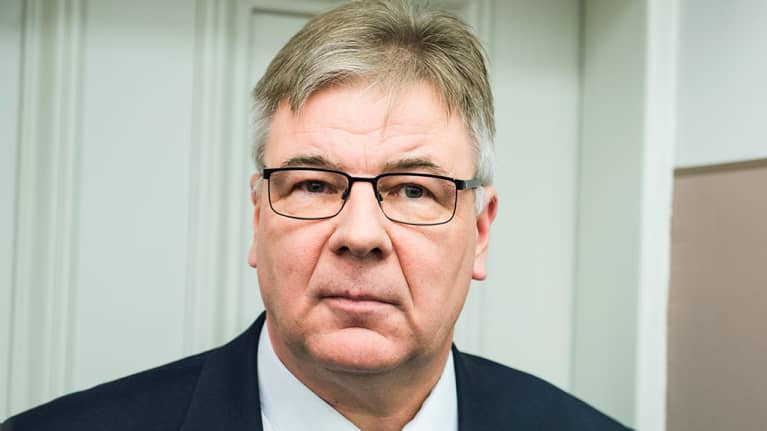The Finnish Security Intelligence Service (Supo, formerly the Security Police) is a national police unit operating under the Ministry of the Interior that specialises in counterintelligence, counterterrorism and security work in Finland. The Finnish Broadcasting Company (Yle) asked Supo’s Security Unit Chief Kari Harju what last Tuesday's clash in south-west Forssa might portend for the rest of Finland. As many as 100 people, mostly young men, are believed to have taken part in the brawl outside the local reception centre, with several injuries. Police detained two local teenagers on various charges. An anti-immigration rally in the town on Thursday passed off peacefully.
What does Supo feel is behind the events in Forssa?
“Late in the summer, there was a lot of tension between the local population and asylum seekers in Forssa. A local police investigation says the Tuesday brawl was preceded by several cases of assault initiated by both sides of the conflict. The strong consensus is that a vicious circle of revenge had built up locally. There are quite a few people there who look upon asylum seekers critically, but the same applies elsewhere. I want to emphasise what mayor [Sami Sulkko] said: we must avoid labelling the city as racist. There is no sense drawing hasty conclusions in matters such as this.”
Has Finland ever seen a similar spiral of revenge before?
“I’m certain there have been in the past. This was a larger, more serious incident, as blunt weapons were used. There have been cases of assault in a few places, but not of the scale we saw in Forssa.”
What particular concerns arise from the Forssa case?
“Well, it is naturally highly worrying if something like this happens anywhere. But there is also a concern that this kind of behaviour will expand to other areas. Everyone must remain calm and resist overreacting.”
Why did things escalate in Forssa specifically?
“I suppose it is because the young people and asylum seekers in the community quarrelled and it set off a series of revenge attacks. There is probably a lot of opposition to immigration behind it, too.”
Could the Forssa incident be interpreted as a sign that the atmosphere in Finland is growing more tense?
“It’s easy to draw the conclusion that this is happening elsewhere, but there is no evidence to link it to any kind of wider phenomenon. For example, the Soldiers of Odin street patrols are tapering off, even though they are still active in a few communities.”
How many times can one say that what has occurred is an isolated case?
“As long as it is an isolated case. We will stand behind this rationale. You could say that we are fortunate because these activities haven’t been very organised. For example, among the asylum seeker centre attacks that Supo has investigated, the perpetrators are all individuals with no connections to extremist organisations. The strikes were also committed randomly.”
How do the police respond to the allegations from Finns Party MP Jari Ronkainen that the police and the media are keeping quiet about the real facts surrounding the Forssa brawl?
“I can’t speak for the local police, but on behalf of Supo, I can say that the events should under no circumstances be played down and that we should not remain silent about it. Sometimes it is of course good that things aren’t blown out of proportion, because there is a risk of the situation escalating. Clearly there was preliminary mistreatment from both sides in this scenario. It was not one-sided.”
Is Supo aware of any other areas where tension may be growing?
“There’s tension in several locations, but I don’t care to list them here. This much I can say: similar incidents have been noted outside the reception centre in [the northern city of] Oulu. This led to confrontations there a week or so ago. Windows at the mosque were also broken.”
How has the mood changed in Finland since the year began?
“The situation has perhaps calmed down in a certain respect because the number of asylum seekers has stopped growing as it was. This has reduced adversarial behaviour, but it hasn’t eliminated it entirely. It should be noted that the situation could become more restless when asylum seekers begin to receive their asylum decisions, the majority of which will undoubtedly be negative.”
How would negative asylum decisions increase tension?
“It’s hard to assess what will happen; how asylum seekers will react when they receive their negative decisions. It could be reflected in their state of mind and in their actions, but it’s not worth speculating about ahead of time. The police and other authorities are also preparing for it.”
